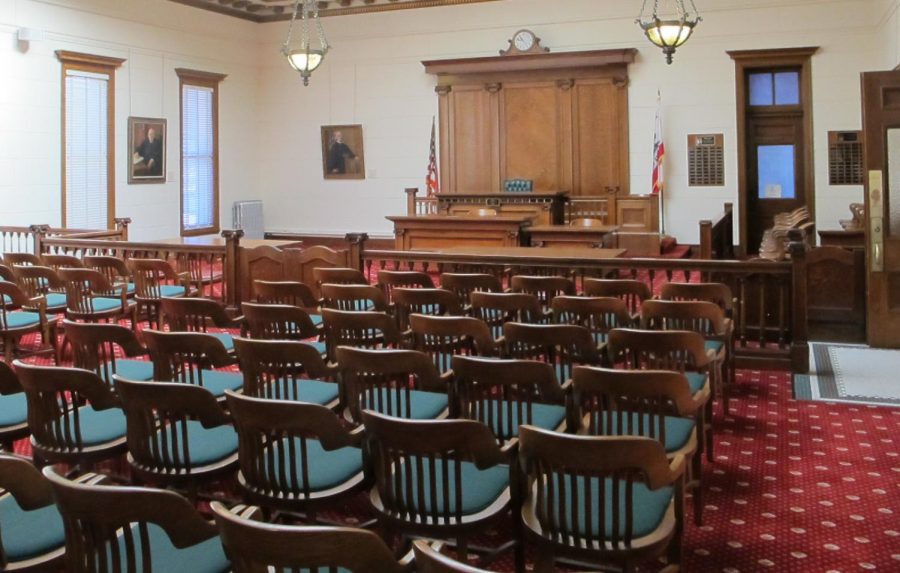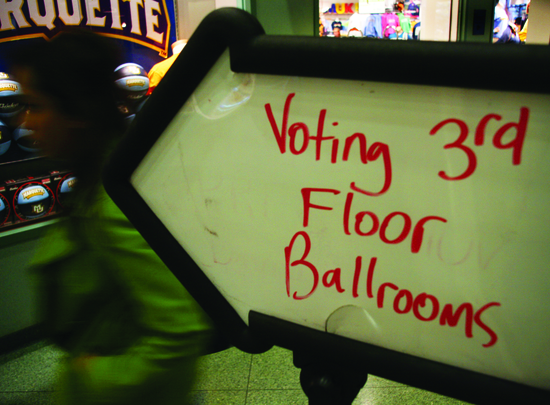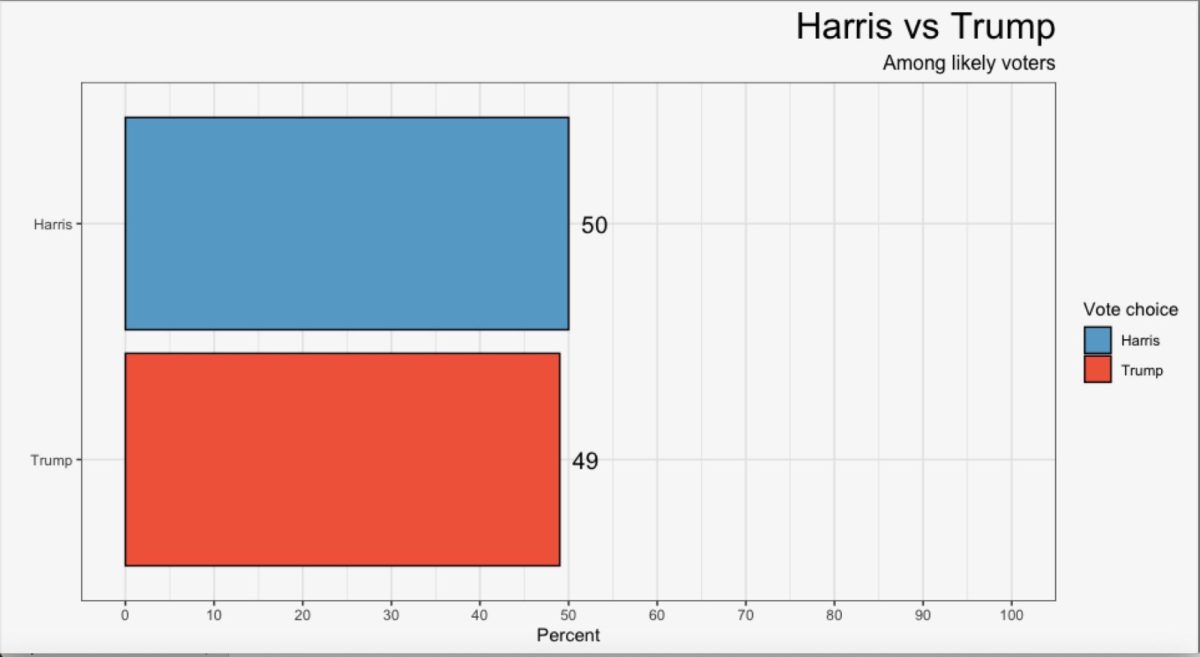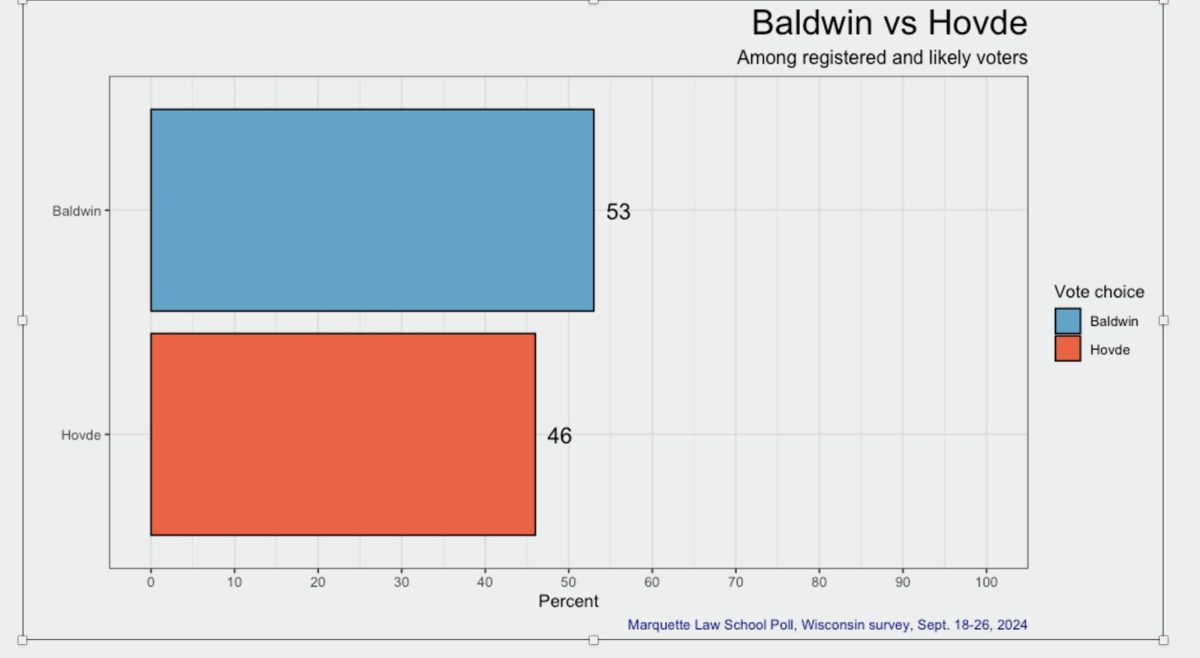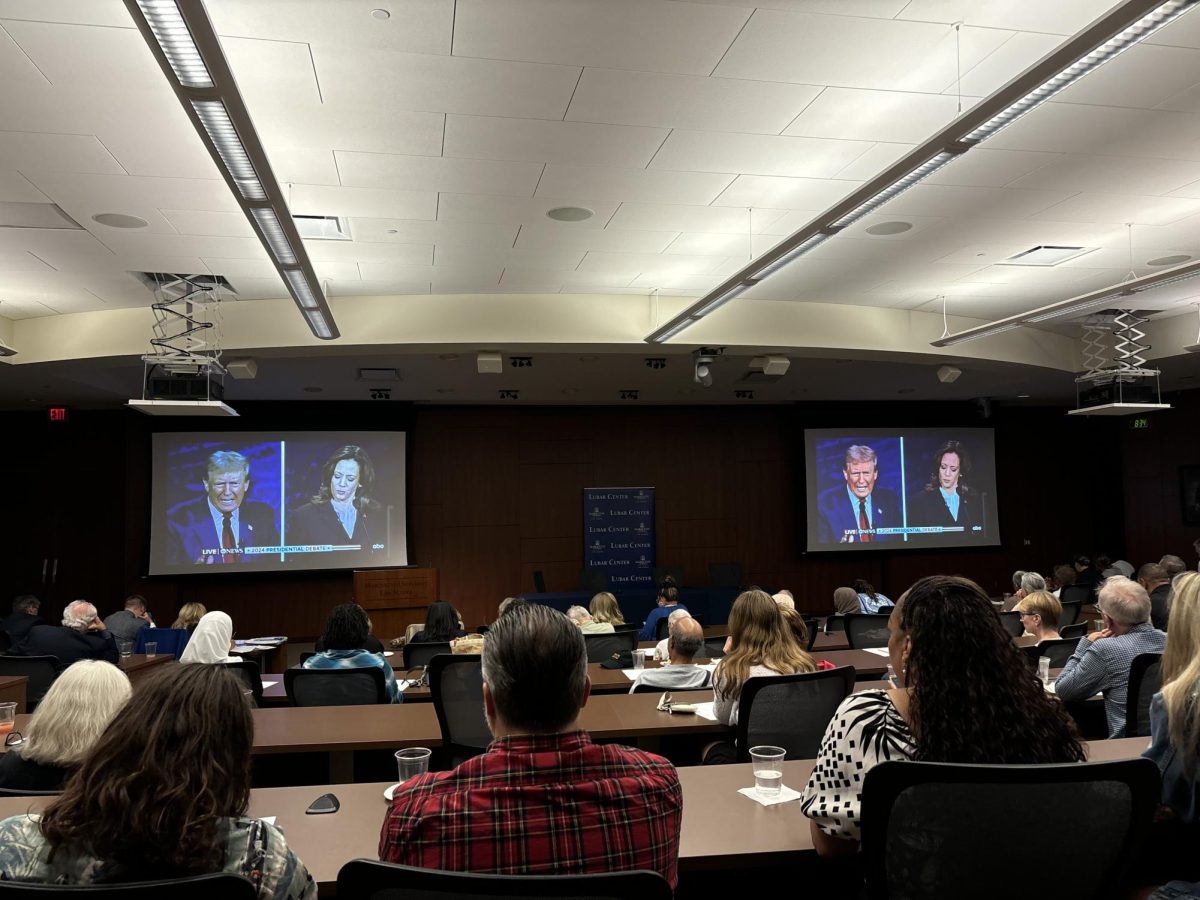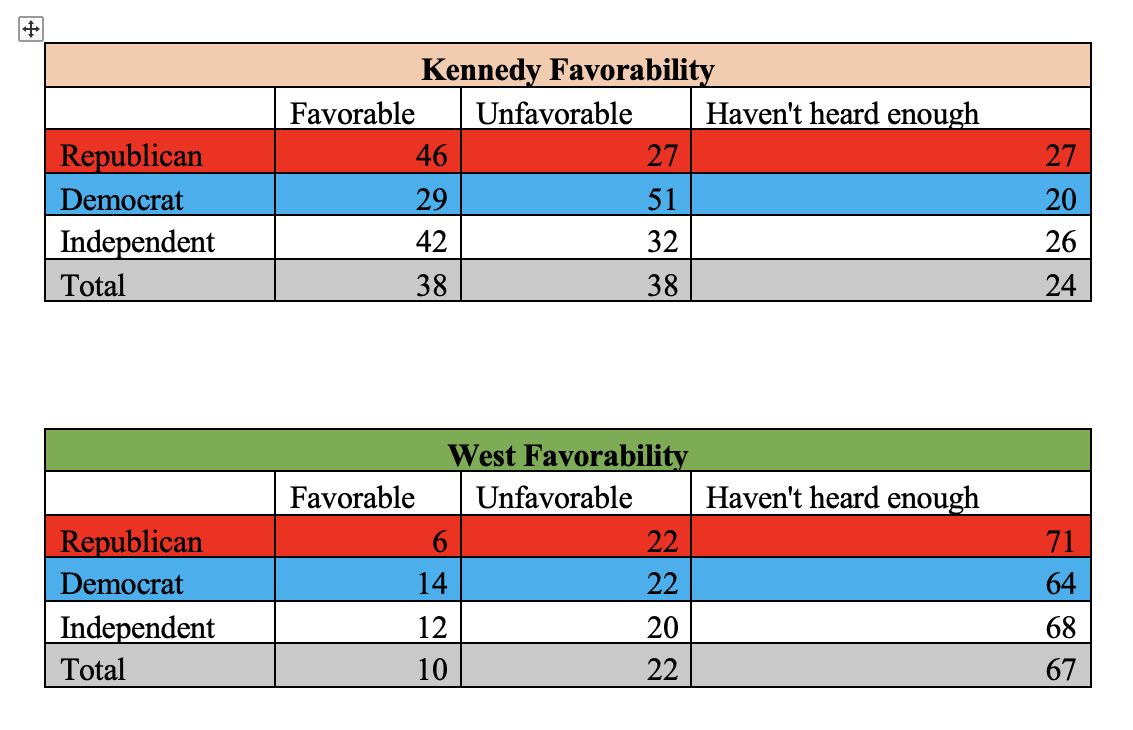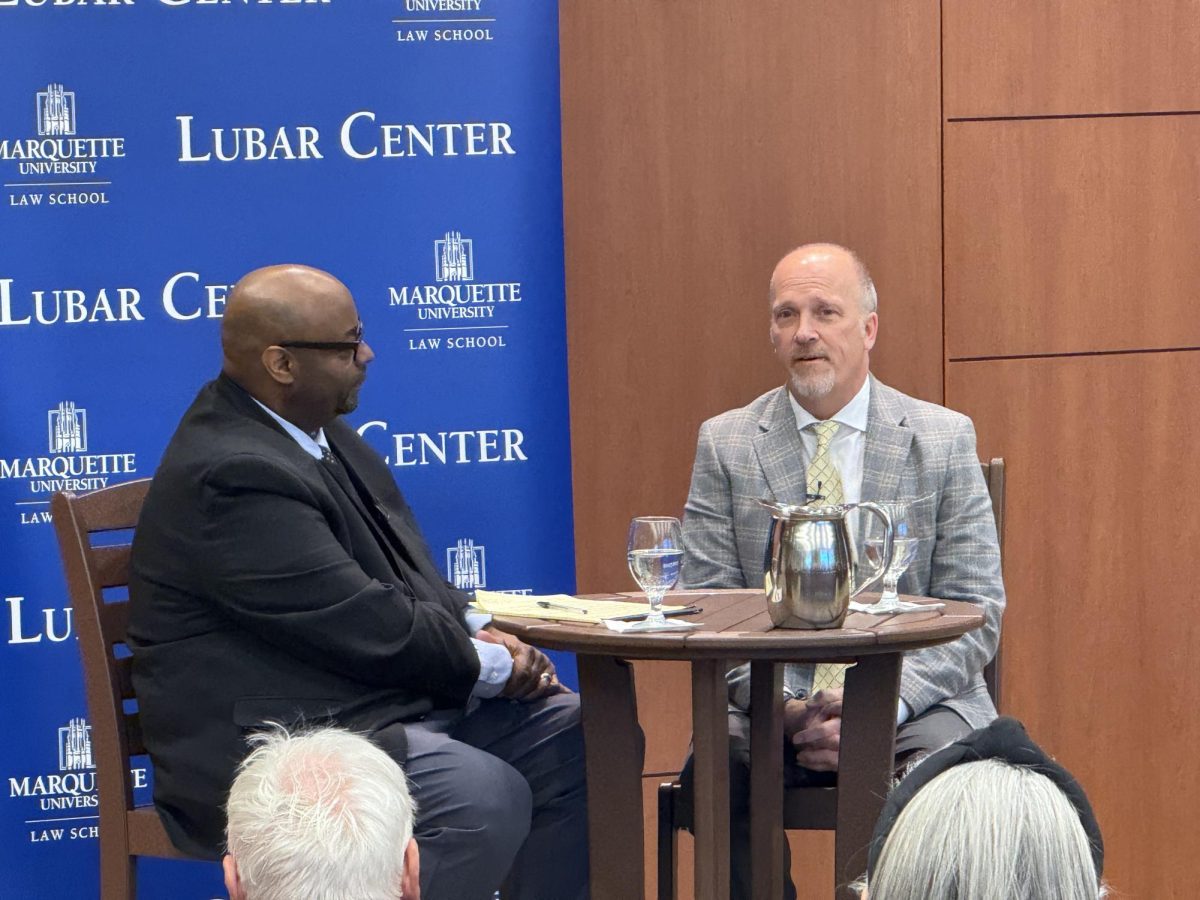Supreme Court Justice Stephen Breyer’s job is interpreting the laws round the clock. Having worked as a Supreme Court Justice for more than 27 years and as a federal judge for over 40 years, his retirement is understood and respected by his peers.
Nominated by former president Bill Clinton, Breyer served on the Supreme Court since Aug. 1994. His experience working outside of the the judicial branch made him a well rounded justice Paul Nolette, associate professor of political science, said.
In the middle of the 20th century, nominees didn’t just work as judges in the courts, many had their own private practice or worked alongside politicians. Before being appointed to the Supreme Court, Breyer worked with then Senator Ted Kennedy of Massachusetts who served for 46 years.
“I think it’s good to have a wider range of experiences on the Court and that is something that we will be losing with Stephen Breyer. He was never elected into any position but he did work in Congress and understood the legislative process quite well,” Nolette said.
Breyer was one of three labeled liberals on the Court, with a conservative majority of 6-3. But with a Democratic president and Senate, it is expected that they will appoint someone with similar political standpoints.
“Biden’s nominee cannot change the majority ruling of the Court,” Charles Franklin, law professor at Marquette, said. “But it’s not always purely ideological split and a substantial number of cases are decided 9-0 or 8-1. But on the hot button questions we are much more likely to see a 6-3 or a 5-4 with the liberals in the minority.”
President Joe Biden said that he was going to appoint a Black female justice, which would be a first for the Supreme Court. Nominating someone of a specific background is not unprecedented, while campaigning former President Ronald Reagan said he would appoint the first woman to the Supreme Court which was later confirmed to be Sandra Day O’Connor.
“There is a substantial number of people in the country who are well qualified to serve on the Supreme Court. Every president making nominations considers a variety of factors and among that set of people that can be confirmed, are strong and well qualified candidates,” Franklin said.
There has been a shortlist of nominees brought up, all with their own background and judgments. Names such as J. Michelle Childs, serving in the district courts of South Carolina and civil rights attorney, Sherrilyn Ifill have been some of the names brought up.
“I think there are a ton of qualified Black women to do the job. My only concern is that being Black doesn’t necessarily translate into the best interest for the Black community or the community he [Biden] is trying to represent … I would assume that Biden’s Supreme Court picks would be similar politics [left leaning],” Kennedy Furnace, a first-year law student, said.
The nomination is expected to pass in Senate, but with Democratic Senator Ben Ray Luján of New Mexico recovering from a recent stroke and an upcoming midterm election in November, Democrats will have to make sure they move , Nolette said.
“Nothing is easy in a 50-50 senate, however I would expect that Democrats will move quickly with this nomination and confirmation process. I’ve heard no indication from any Democrats that they would oppose a Biden nominee, now we will have to see who it is and how the process goes but by and large I think democrats will be united behind Biden’s pick,” Nolette said.
Franklin is the director of the Marquette Law School Poll and has an ongoing survey asking 1,000 Americans their opinions of the Supreme Court. The most recent survey conducted over Jan. of this year and when asked about the recent ruling of the vaccine mandate 61% favored requiring vaccines for health care workers.
When asked the motivations of the justices at the beginning of the survey, 58% believed that the Court’s decisions were based in law. If asked at the end of the survey 45% of those surveyed thought their decisions were based on the law.
“I would not expect the Court to persuade the people with the wisdom of their decision. But when the Court decides in the direction of the majority opinion, it’s likely to reinforce the opinion to some extent,” Franklin said.
This increased politicization of the Supreme Court has left some disappointed with the way things are run in the federal government.
“Right now I feel like we live in a country that cares more about political wins than actually doing things for the country, I find that on both sides,” Furnace said. “Checks and balances are there for a reason but it’s gone to the next level.”
But there was once a time in the Senate when both sides worked together in confirming a Supreme Court justice. Former president Barack Obama’s nominee, Elena Kagan passed with a 63-37 ruling and Stephen Breyer was confirmed into the position with a 87-9 Senate ruling.
this story was written by Connor Baldwin. He can be reached at connor.baldwin@marquette.edu




